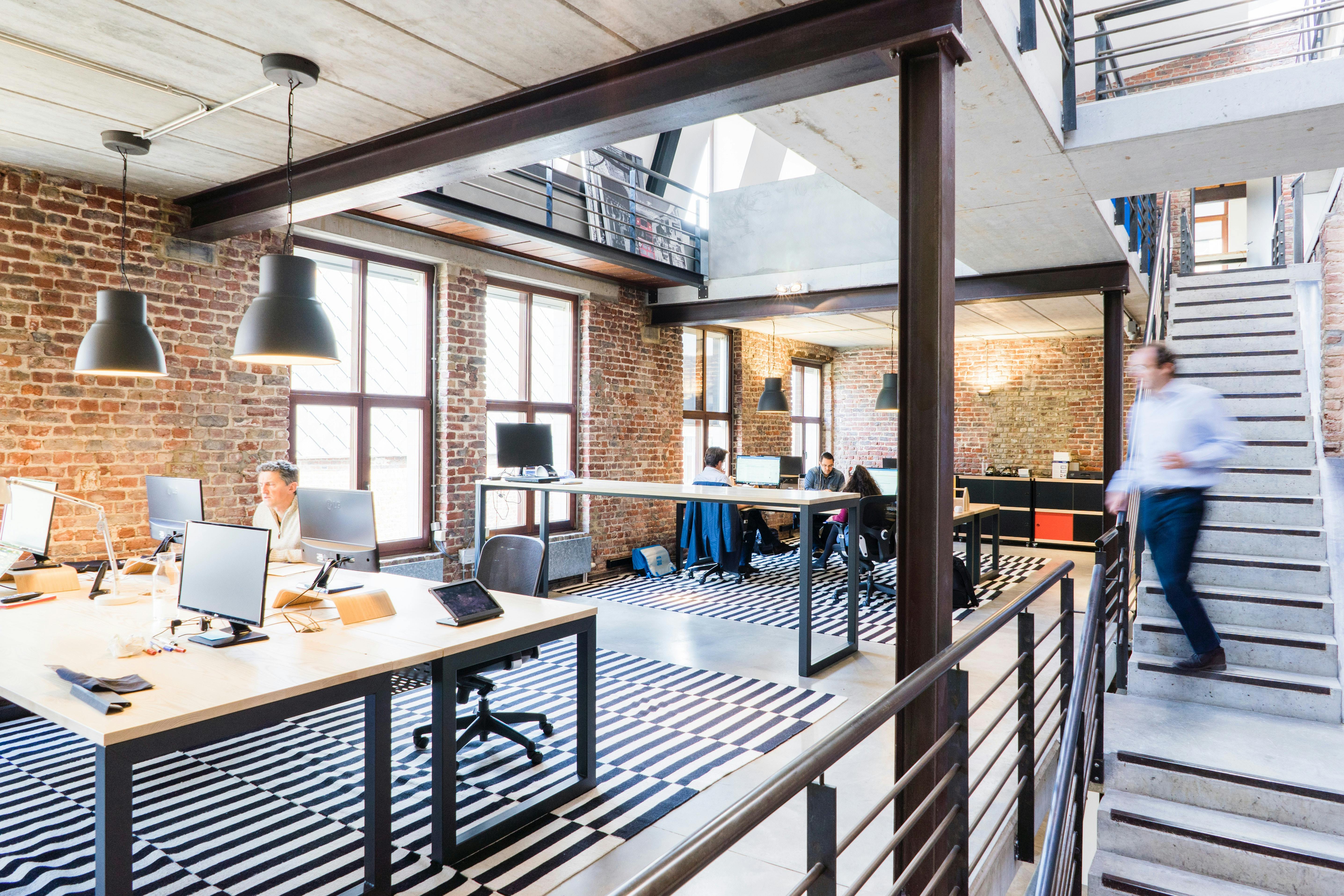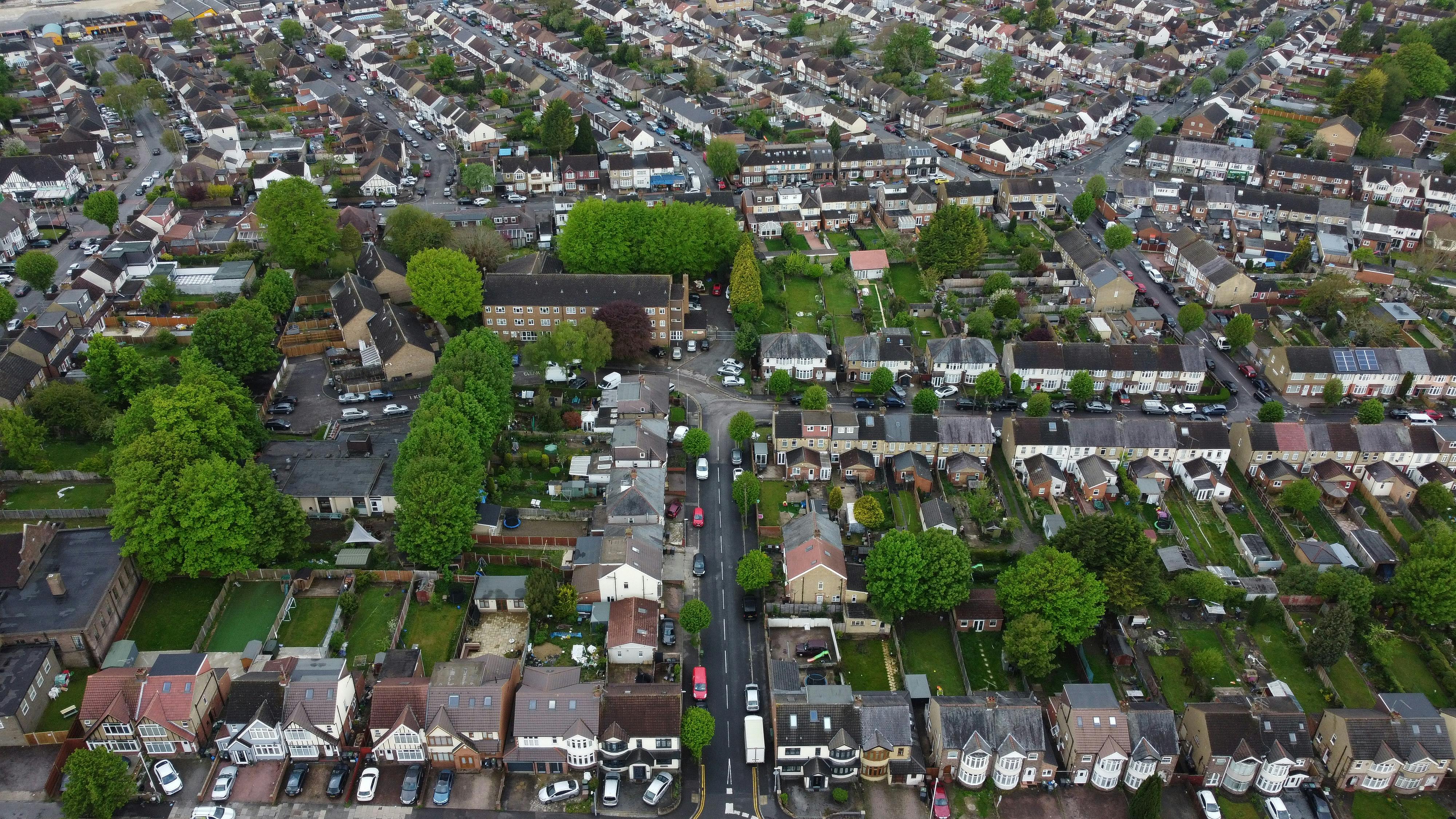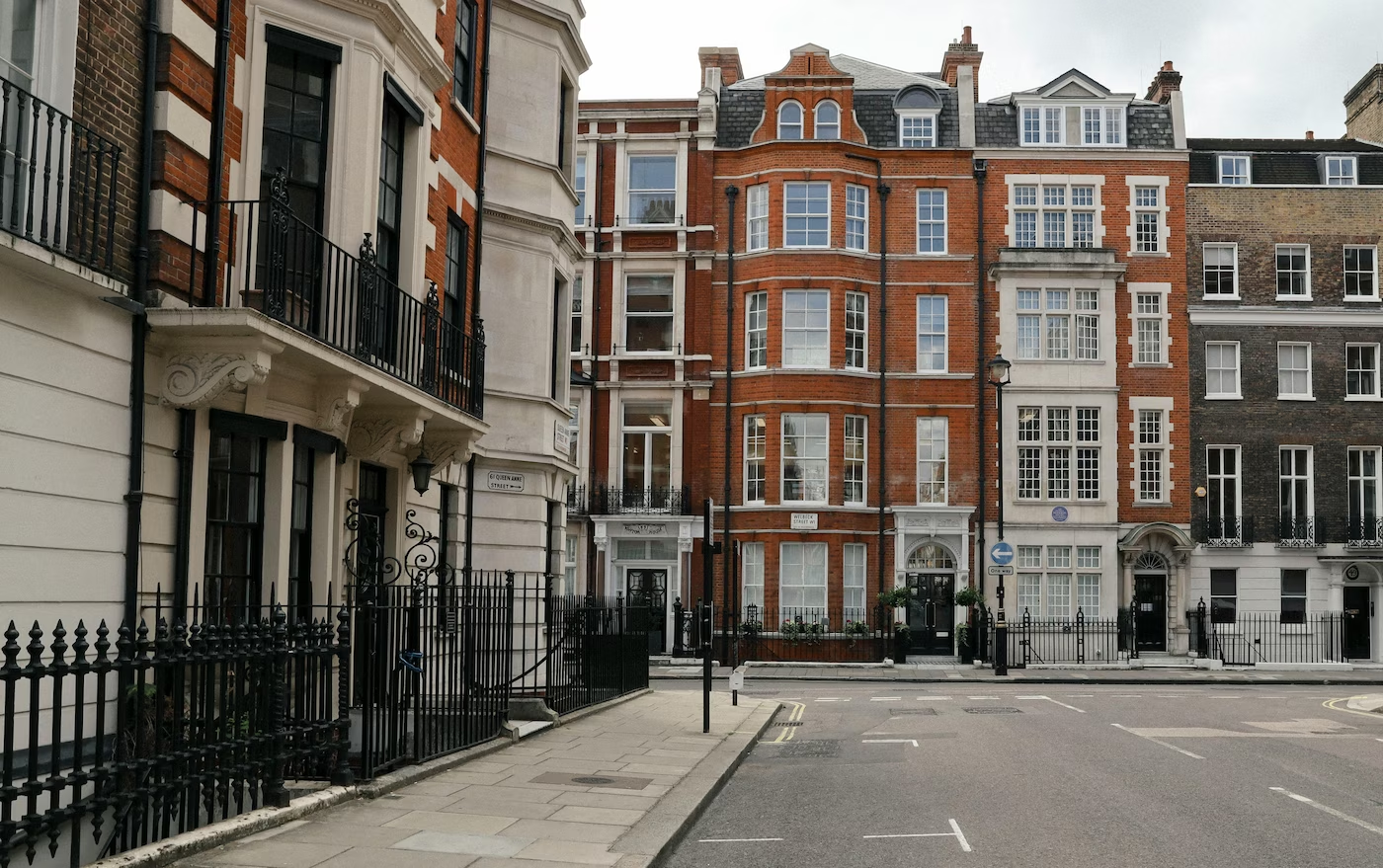Our Guide to Profitable Commercial Property Investments
Commercial property investment involves purchasing premises that are leased to businesses, such as offices, retail units, or industrial warehouses. These properties can offer longer lease terms and more predictable rental income than typical residential lets, depending on the tenant and market conditions.
Beyond income generation, commercial assets can play a role in diversifying property portfolios and spreading risk across different sectors. However, commercial investments also require careful assessment of tenant quality, lease structure, and ongoing maintenance obligations.
This guide explores the key advantages, property types, and practical considerations involved in commercial property investment, helping investors make informed, sustainable decisions in this sector.

How Commercial Properties Generate Income
Commercial properties typically earn income through longer-term leases agreed with business tenants. These arrangements can provide more stability than short-term residential tenancies, as leases often extend for several years and may include rent review clauses to reflect market conditions.
In many areas, commercial assets have historically achieved higher rental yields than comparable residential properties, though actual performance depends on location, tenant strength, and wider economic trends. For example, a well-located retail unit may deliver a higher annual yield than a standard residential buy-to-let in the same area.
Another potential advantage is that many commercial tenants maintain or improve their rented spaces as part of their business operations, which can help reduce ongoing maintenance obligations for landlords and contribute to long-term property value.


Types of Commercial Properties
Commercial real estate includes several property categories, each with its own opportunities, considerations, and market dynamics.
Office Spaces: Typically located in urban centres or established business districts, office properties attract professional tenants seeking long-term, well-equipped work environments. Demand levels often reflect wider economic and workplace trends.
Retail Units: High-street shops and retail premises can perform well in areas with consistent foot traffic and established commercial activity. However, success depends heavily on location, tenant type, and consumer patterns.
Industrial Properties: Warehouses, distribution centres, and manufacturing facilities are often sought after near major transport or logistics hubs. These properties can attract longer-term tenants and stable lease arrangements, though maintenance and zoning regulations should be considered.
Mixed-Use Developments: Combining residential and commercial elements, mixed-use properties provide multiple income sources and may offer resilience against single-sector market fluctuations. Effective management is key to balancing tenant needs across different property types.
Legal and Tax Considerations for Commercial Property Investment
Commercial property investment carries distinct legal and tax responsibilities that differ from those of residential assets. Understanding these obligations is essential before purchase or lease negotiation.
Stamp Duty Land Tax (SDLT): Commercial property purchases are subject to different SDLT thresholds and rates than residential transactions, and there is no additional-property surcharge.
VAT and Opting to Tax: Some commercial properties are VAT-registered, meaning VAT may be payable on the purchase or rent. In certain cases, VAT-registered businesses can reclaim this cost, depending on their circumstances and accounting structure.
Business Rates: Most commercial properties are liable for business rates, though exemptions or relief schemes may apply depending on the size, use, and local authority policies.
Full Repairing and Insuring (FRI) Leases: FRI leases often place responsibility for maintenance and insurance on the tenant, but the extent of these obligations varies by agreement. Each lease should be reviewed in detail to confirm the division of costs and liabilities.
Independent legal and tax advice should always be obtained before committing to any commercial property transaction.

.jpg)
Key Considerations for Commercial Property Investment
Commercial property investment requires careful assessment of several important factors, as each can significantly influence long-term performance and sustainability.
Location: Properties positioned near business districts, transport links, or regeneration zones tend to attract consistent tenant interest. Analysing local supply, infrastructure, and development plans can help identify strong-performing areas.
Lease Terms: Commercial leases vary in length and structure. Full Repairing and Insuring (FRI) leases, for example, often transfer maintenance responsibilities to the tenant, but terms should always be reviewed and negotiated carefully to ensure they align with both parties’ obligations.
Tenant Stability: Tenant quality and lease duration play a key role in cash flow consistency. Established businesses or long-term occupiers can help minimise vacancy periods, though market shifts may still influence occupancy rates.
Zoning and Compliance: Investors should confirm that the property’s current or intended use aligns with local zoning laws, planning regulations, and accessibility standards.
Financing and Costs: Commercial mortgages usually require larger deposits and may have different criteria compared with residential lending. It’s important to evaluate affordability, tax implications, and potential yield variations with the help of independent professionals.
Transform your home with our property sourcing solutions
Enhancing Performance in Commercial Property Investments
Several factors can influence the performance and long-term value of a commercial property. Investors often focus on the following areas to strengthen income consistency and asset sustainability:
Long-Term Tenants: Securing established and reliable businesses can help maintain consistent occupancy and reduce the frequency of renegotiations or void periods.
Facility Upgrades: Investing in modern, energy-efficient systems and high-quality finishes can enhance tenant appeal, support sustainability goals, and maintain competitiveness within the market.
Location Strength: Properties situated in areas with strong infrastructure, good transport links, and active local economies may experience more stable demand and gradual capital growth over time.
Professional Management: Appointing experienced property managers can assist with tenant relationships, maintenance coordination, and compliance oversight, supporting both retention and operational efficiency.
Mixed-Use Opportunities: Combining commercial and residential spaces within a single development can diversify income sources and reduce exposure to single-sector market shifts.


Challenges of Commercial Property Investment
Commercial property investment can offer attractive prospects, but it also involves specific challenges that require careful consideration and planning.
Higher Upfront Costs: Commercial properties typically demand larger deposits and incur higher transaction fees, which can impact short-term liquidity and overall affordability.
Complex Leases: Commercial lease agreements are often longer and more detailed than residential contracts. Understanding the obligations of both landlord and tenant — including maintenance, rent reviews, and service charges — is essential before completion.
Vacancy Periods: Lease terms tend to be longer, but when vacancies occur, they can take more time to fill. Factoring in potential downtime between tenants is an important part of financial planning.
Regulatory Compliance: Commercial buildings must meet strict standards relating to zoning, accessibility, fire safety, and energy performance. Regular inspections and professional oversight help ensure continued compliance.
Conclusion: Is Commercial Property Investment Right for You?
Commercial property investment can provide opportunities for long-term income and portfolio diversification when approached with careful planning and thorough due diligence. Longer lease terms, professional tenants, and varied property types such as offices, retail units, and industrial spaces may offer more predictable income than typical residential lets.
However, commercial assets also come with higher entry costs, more complex legal frameworks, and greater management responsibilities. Before investing, it’s important to assess your goals, financial position, and risk tolerance, and to seek independent professional advice.
When handled responsibly, commercial property can form a valuable part of a well-balanced investment strategy that focuses on stability, compliance, and sustainable growth.
.avif)
Frequently Asked Questions
What is commercial property investment?
Commercial property investment involves purchasing real estate for business use — such as offices, retail spaces, or warehouses — with the aim of generating income through rental agreements or long-term asset growth.
What are the benefits of investing in commercial properties?
Commercial assets can provide longer lease terms and potentially more stable income compared with residential properties. They may also offer portfolio diversification, depending on location, tenant profile, and market conditions.
How do commercial leases differ from residential leases?
Commercial leases, including Full Repairing and Insuring (FRI) leases, are typically longer and more detailed than residential contracts. They often set out maintenance, insurance, and service obligations that differ from those in standard residential tenancies.
What is an FRI lease?
A Full Repairing and Insuring (FRI) lease usually places responsibility for repairs, maintenance, and insurance on the tenant. The specific terms should always be reviewed carefully to confirm cost responsibilities and compliance requirements.
What are the risks of commercial property investment?
Commercial investments can involve higher upfront costs, longer vacancy periods, and more complex lease and compliance requirements. Market conditions, economic trends, and tenant stability all influence performance.
How are business rates calculated for commercial properties?
Business rates are generally based on the property’s rateable value and a government-set multiplier. Relief schemes or exemptions may apply depending on size, usage, and local authority policy.
What financing options are available for commercial properties?
Commercial mortgages often require larger deposits and may have different lending criteria than residential loans. It’s important to review affordability, interest rates, and terms with an independent mortgage professional.
How can I maximise returns on commercial property investments?
Performance can be strengthened through reliable long-term tenants, facility upgrades, and strong asset management. Investors typically review occupancy rates, lease terms, and property condition to maintain consistent returns.





